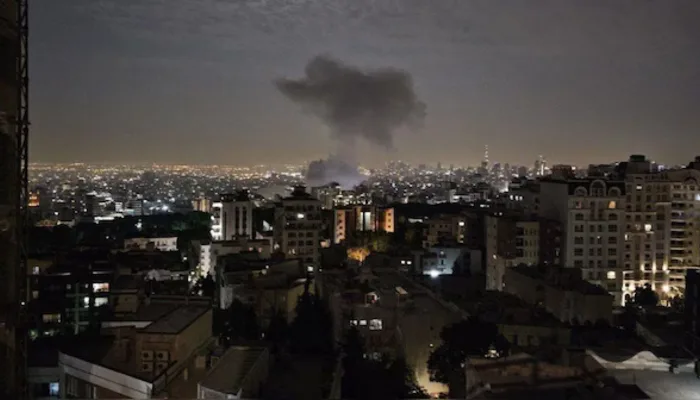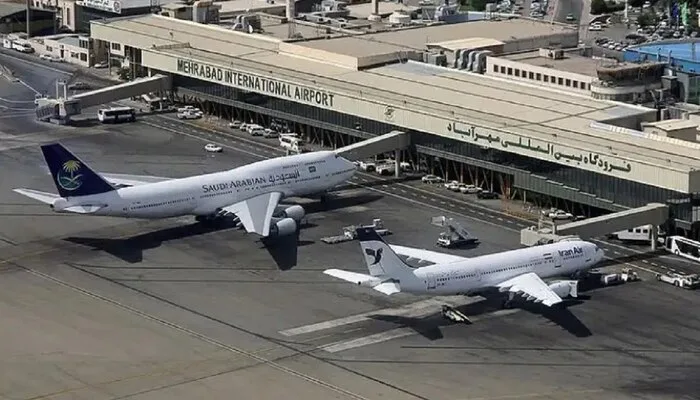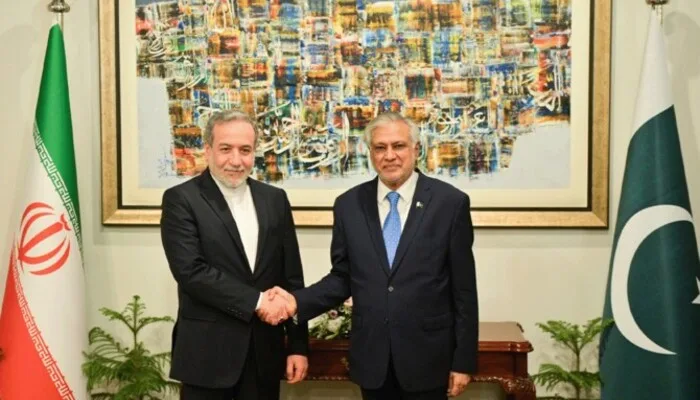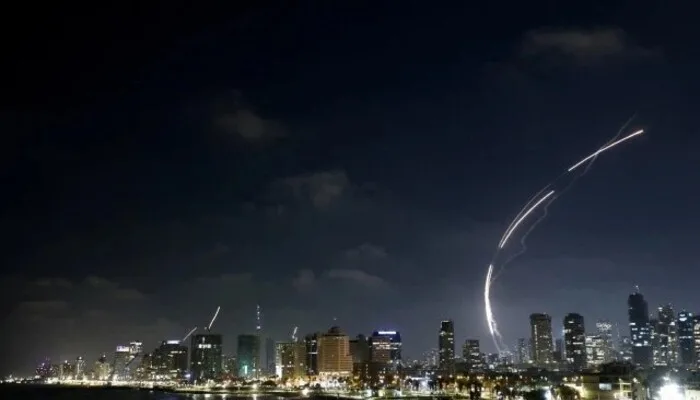
Israel launched its most extensive military assault on Iran in modern history, naming the mission Operation Rising Lion. The offensive marks a significant escalation in tensions between the two countries and is being labeled by analysts as the largest Israeli strike since the Iran–Iraq War.
The attack targeted nuclear, military, and political sites across Tehran and surrounding regions. Among the primary objectives were nuclear enrichment facilities, IRGC command centers, and residential compounds housing senior Iranian military commanders. Multiple missile barrages and stealth aircraft carried out the strikes in the early hours, catching Iranian air defense systems off-guard.
Israeli officials have not publicly confirmed the total scale of the operation but claimed it was a preemptive measure to deter what they called “an imminent existential threat.” Intelligence sources indicate that Iran was nearing the capability to enrich uranium beyond weapons-grade levels, prompting Israel to act swiftly.
This assault also appears to be retaliation for recent escalations involving proxy forces in Lebanon, Syria, and Gaza, which Israeli intelligence links directly to Iran’s Revolutionary Guard Corps (IRGC).
Iran Responds with Drone Swarm
In response to Israel’s unprecedented strike, Iran launched over 100 armed drones targeting Israeli military bases and infrastructure. Iran’s state media declared the counterattack a “measured and legitimate act of defense.”
The drones, many of them Shahed-class, were intercepted by Israel’s advanced Iron Dome and David’s Sling missile defense systems, though some managed to reach southern and northern targets. Reports confirm explosions near military facilities in Haifa and Beersheba, with minor injuries reported but no deaths so far.
Ayatollah Khamenei condemned Israel’s actions, calling them an “act of war,” and warned of “a regional firestorm if Zionist aggression continues.” He also urged allied groups across Lebanon, Iraq, and Yemen to prepare for coordinated resistance.
Iran’s Revolutionary Guard confirmed that its military was on full war alert, while underground nuclear facilities had been shifted to emergency protocols.
Israel Set to Attack Iran Soon, Warns New York Times
Global Fallout and Airspace Closures
The strike immediately triggered a global chain reaction. Iran shut down all outgoing and incoming flights at Imam Khomeini International Airport, citing national security concerns. Jordan followed suit by closing its airspace, fearing Israeli or Iranian aircraft might use its corridor for military maneuvers or retaliatory action.
Meanwhile, in the United States, New York Police Department heightened security at Jewish schools, synagogues, and Israeli consulates in response to potential threats or protests. Mayor Eric Adams assured citizens that the city was “prepared for any scenario” and urged calm amid rising concerns within the diaspora.
European leaders, including French President Emmanuel Macron and German Chancellor Lars Neumann, condemned the escalation and urged both sides to “exercise restraint and return to diplomacy.” The United Nations Security Council has scheduled an emergency session to address the rapidly deteriorating situation.
A New Middle East Flashpoint
This confrontation has raised fears of a full-scale regional war involving not just Israel and Iran, but also their regional allies and proxy groups. Saudi Arabia and the UAE called for de-escalation but also condemned Iran’s involvement in fueling regional instability.
Turkey’s President Recep Tayyip Erdoğan described the situation as “alarming,” warning that Middle East peace is hanging by a thread.
Despite mounting international pressure, Israeli Prime Minister Benjamin Netanyahu remained defiant. Speaking at a press briefing, he stated: “We will not allow Iran to obtain nuclear weapons. Operation Rising Lion is a message—we will act decisively to protect our people.”
As of now, tensions remain high, with both nations poised for further retaliation. Diplomatic channels, including backdoor talks through Oman and Qatar, are reportedly active, but no clear de-escalation agreement has emerged.
The world watches closely as the Middle East enters yet another dangerous chapter, with the consequences of Operation Rising Lion potentially reshaping the geopolitical landscape for years to come.
Follow us on Facebook and Instagram
















